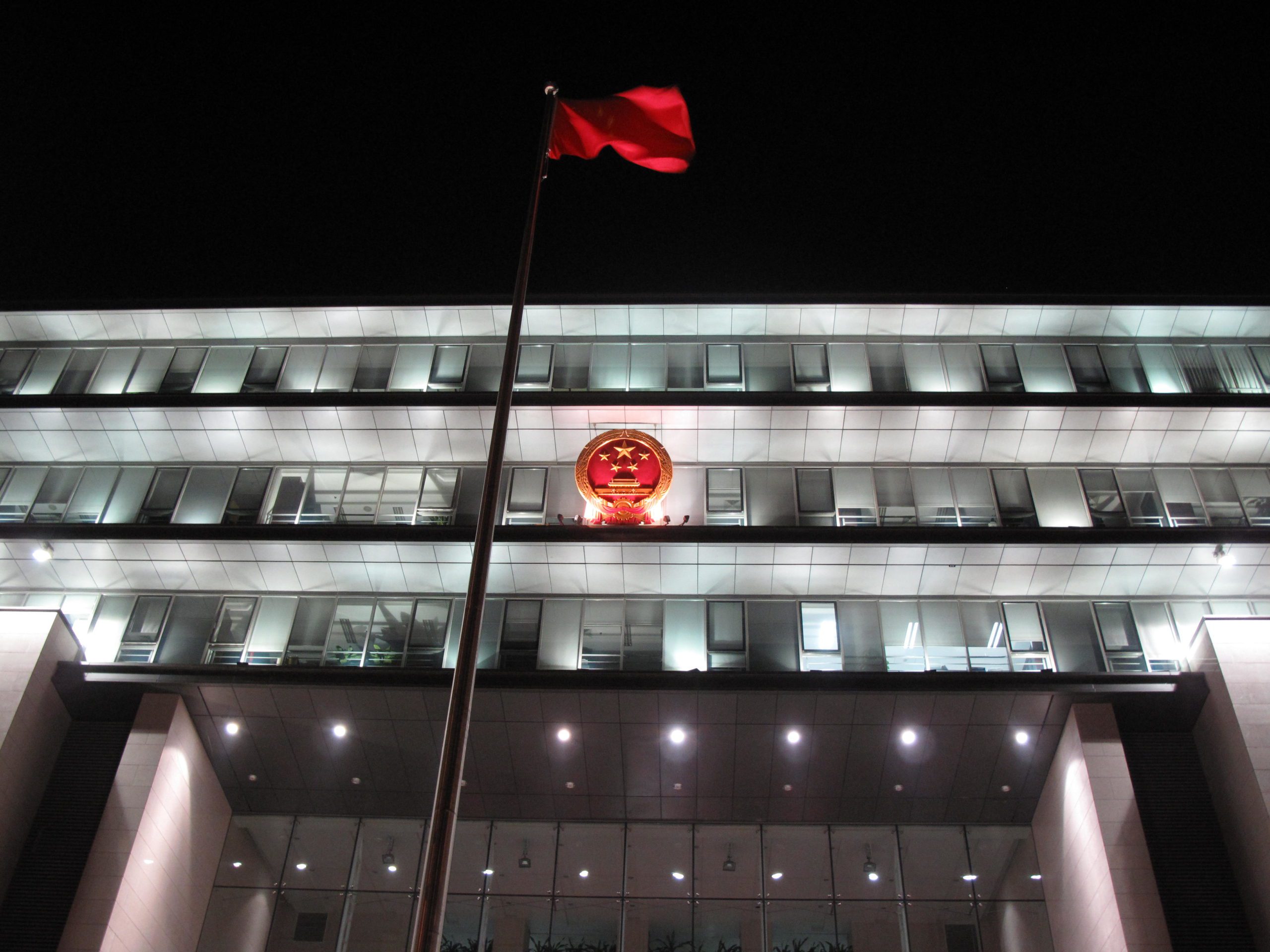
This article originally appeared in the Ottawa Citizen.
By Charles Burton, May 26, 2022
The federal government’s decision to ban Chinese telecom giant Huawei from working on Canada’s 5G network will certainly lead to economic retaliation from China, but we will not be coerced into reversing the decision. Ever since Russia launched its barbaric assault on Ukraine, Canada has shown a new determination to protect our sovereignty and national security from the malign schemes of Beijing or the Kremlin.
The Russian and Chinese regimes have always been incompatible with democracy, but Canadians’ awareness of this has been sharpened by recent events. Vladimir Putin — angry and resentful over his humiliating Ukrainian miscalculation — is dangerously capable of lashing out at Canada and our NATO allies. He will undoubtedly strengthen his bond with China, sharing an anti-western agenda that emphasizes espionage, sabotage and even attacks on our critical infrastructure.
Canada is not adequately prepared, and has to get moving on some urgent matters.
Besides rapidly making up for decades of neglect of our Arctic defences, we must find ways to get Canadian oil and gas to Europe as expeditiously as possible. The new federal budget promised meaningful action to ensure Canada is not left beholden to China for critical minerals that our high-tech future depends on, but we need to do much more to protect our global supply chains.
Our vulnerability was revealed with Beijing’s sanctions against canola seeds and meat during the Meng Wanzhou fiasco, and the unconscionable detention of Michael Kovrig and Michael Spavor. There is no basis for Canada to trust Russia or China, be it in trade, climate change cooperation, or in the UN. It is time for us to do a comprehensive reset of our foreign policy doctrine.
A major concern is whether the RCMP, the Canadian Security Intelligence Service (CSIS), the Department of National Defence and the Communications Security Establishment (CSE) routinely shroud their accountability to Canadians and Parliament. We know these agencies gather a lot of information on Russian and Chinese malign activities, but when Parliament asks for a briefing to inform the development of legislation to protect public safety and national security, those agencies too often obfuscate, claiming their information is too sensitive to share with MPs or that disclosing it would reveal operational details that would help our enemies. Canada can learn much from Australia, Britain, the U.S. and Scandinavian countries in terms of drawing the line between withholding information that threatens national security versus security agencies simply exaggerating classification protocols to evade accountability for their shortcomings.
For example, how badly does Canada need a foreign agents registry act, or something like the Australian Foreign Influence Transparency Scheme Act, as a national security measure? In today’s environment, such protection is crucial for Canada, and CSIS should know which persons influential in Canada’s policy process have received benefits from a foreign state that put them in a conflict of interest and threaten Canadian security and sovereignty. In 2010, then-CSIS Director Richard Fadden made headlines by revealing that cabinet ministers in two provinces, and several municipal politicians, were influenced by a foreign government when making policy decisions. But evidently nothing was done about it at the time or since. Twelve years on, how many more policymakers are under the influence of a foreign power today? How high does it go? If CSIS is doing its job, it has this data.
Consider Cameron Ortis, former director general of the RCMP’s national intelligence unit, who was accused in 2019 of trying to share sensitive information with a foreign entity. What should we be learning from his arrest? Or the Winnipeg labs matter? Was there a failure to protect national security that should be addressed by Parliament? Then there’s Quentin Huang. Charged in 2013 with trying to sell Canadian military secrets to China, the Canadian engineer went eight years without a trial before a judge finally dismissed the case, citing lack of progress. Why is it that, unlike our allies, Canada is incapable of holding a proper trial of someone accused of transferring our military technologies to a foreign state?
If the RCMP, CSIS and CSE refuse to share intelligence assessments on where Canada is vulnerable to Russian and Chinese malign operations, the federal government must take the required steps to defend our security. Too often, Canadian police and security agencies see their role as simply curating information that they can trade with the counterpart agencies. This danger is much more pronounced in Canada than among our allies, whose security agencies have much more effective legislative oversight.
The suffering of Ukraine is not just bad weather in international relations; it’s the harbinger of geostrategic climate change led by China as well. Canada must cut the rhetoric and take action to face the new global realities.
Charles Burton is a senior fellow at the Macdonald-Laurier Institute, and non-resident senior fellow of the European Values Center for Security Policy in Prague. He is a former professor of political science at Brock University, and served as a diplomat at Canada’s embassy in Beijing.





